Helping Children Become Homeowners
How to Guide Your Clients in Using Home Equity to Help
Their Children Become Homeowners

In San Diego’s County’s tight housing market, many families are exploring creative ways to help the next generation become homeowners. As a Certified Financial Planner®, you're in a powerful position to introduce an often-overlooked strategy: helping clients leverage their home equity to gift a down payment to their children or grandchildren.
One of the growing concerns—especially in affluent Southern California communities—is that adult children are considering moving out of state due to the high cost of housing. These children are often well-established professionals who can afford a mortgage payment, but the real hurdle is
coming up with a massive down payment.
Their parents or should I say Grandparents—are beside themselves, watching the family unit spread across the country. Many of them would gladly move to Alaska just to be near their grandkids.
The Opportunity: Tap Into Housing Wealth Without Sacrificing Retirement
Helping now doesn’t have to come at the expense of your clients’ financial security. If they plan to remain in their homes and want to make an impact today, they can unlock their equity. This strategy allows them to access a portion of their housing wealth as tax-free funds, without selling their home or taking on a monthly mortgage payment. It's a way to make a gift now—the same gift their children or grandchildren would likely inherit later—but without impairing their retirement income.
Case Study: A Living Legacy
Scenario:
Your clients are a retired couple in their early 70s. Their home is valued at $2.5M with a $300K 1at mortgage. Their adult children are renting and unable to compete in the local housing market due to down payment constraints. The couple wants to help but doesn’t want to sell investments or touch their 401(k).
Solution:
You introduce the idea of using their home equity. They are eligible for a $875,000 Reverse Mortgage that will pay off their $300K 1 st mortgage, gift $300K to their children for the down payment on a $1.5M home and still leaves your client with an additional $275K Line of Credit that is irrevocable.
Result:
The children are able to buy their first home and start building equity. The parents feel a deep sense of satisfaction knowing they were able to help—without sacrificing their retirement lifestyle. And most importantly? The grandchildren stay nearby.
There are no Mandatory Principal and Interest Payments as long as they live in the home. They must pay Real Estate Taxes, Homeowners Insurance and Maintain the Property.
Why This Strategy Matters
Helping your clients understand the power of housing wealth opens the door to broader financial planning conversations. It not only addresses the needs of their adult children, but it also strengthens your value as a trusted advisor by offering a practical solution to one of today’s most emotional and financial dilemmas: keeping families together while addressing the cost of homeownership.
Let’s make generational wealth a living gift—not just an inheritance.
Could This Strategy Benefit Your Clients? Let’s Find Out!
Do any of your clients fit this scenario? Retirement in Reverse would be happy to provide a customized, hypothetical scenario to help you assess if this strategy could be a valuable solution. Let’s explore how we can make it work for your clients!
Who would have ever thought you could use a reverse mortgage for this?
Today’s reverse mortgage is no longer the loan of last resort. It’s a flexible financial tool that can be used strategically for:
- Charitable giving
- Buy-sell agreements
- Paying for long-term care or in-home support
- Funding a business venture
- Helping Grandkids Fund College Expense
- Gift down payment to your Kids
- Any many more….
It’s all about what the money costs. It’s just math.
Retirement In Reverse offers
Objective, Competent Advice to help you make informative decisions for your clients.
Furthermore, we have
No Conflict of Interest, as we do not sell Financial Product, nor enter into financial planning engagements. We share your commitment to your clients’ financial stability and quality of life.



